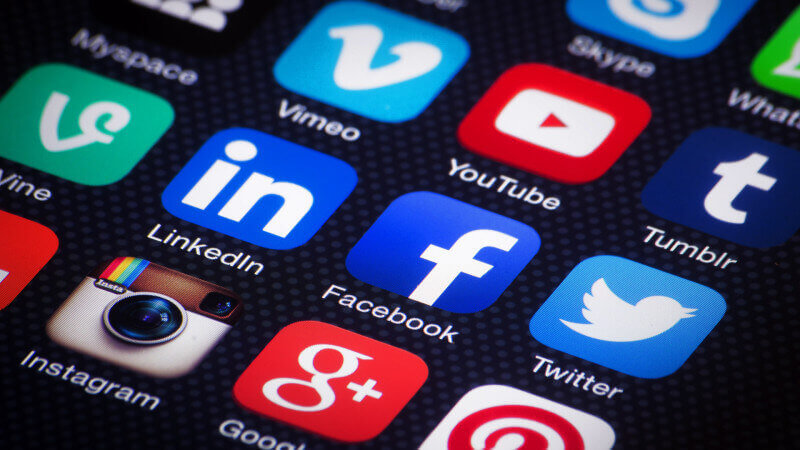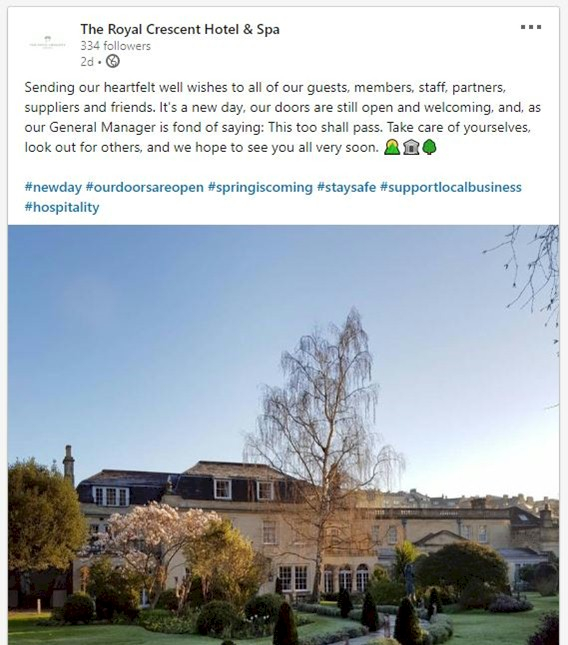
The evolving Covid-19 pandemic has suppressed demand for travel in 2020 and disrupted the growth of the hotel sector.
NB: This is an article from Cornell Center for Hospitality Research
S&P Global Ratings forecasted that a “solid recovery” would not be likely for another few years even when a widely available vaccine becomes available in the second half of 2021. The revenue-per-available-room (RevPAR) of most hotels have dropped dramatically, putting 25% of hotels at risks of foreclosure and threatening 50 millions of jobs globally.
Subscribe to our weekly newsletter and stay up to date
According to Oxford Economics, the economic loss of the hotel sector due to COVID-19 pandemic is projected to outweigh all previous crises combined, including the 9/11 terrorism attack, 2008 recession or SARS epidemic.
Having said that, the hotel sector has survived major disruptions before and remains resilient in dealing with high levels of uncertainty, financial hardship and operational challenges caused by the pandemic. There are signs of hope when their average revenue per available room of hotels in China went up to nearly 79% in July and 62% in August 2020, only slightly behind where it was in 2019. The recovery of hotel businesses in China demonstrates that people are willing to travel whenever it is safe to do so.
However, hotel customers in the “new normal” conditions may have different needs and wants compared to travellers of the old days. For example, they might require higher standards for hygiene and health practices. They have higher expectations for emotional hotel experiences to compensate for their negative feelings of being lonely and isolated during long periods of lock-down and travel restrictions. The challenge for hotels is to apply social distancing policies and new health and safety standards but still ensure exceptional hospitality services.
Against this background, social media, which has been the main communication channels for most people during the global pandemic, become a critical marketing tool for hotels. In order to explore how social media marketing has been used and can be used for hotel survival and recovery, the research team uses global news media to collect updated information on this topic.
We searched for English news articles discussing “hotels or resorts or hostels” and “strategies or solutions or responses” between 1st December 2019 and 31st August 2020 and filtered irrelevant contents to select 236 relevant articles for further content analysis. The research project yields valuable insights into creative social media marketing strategies implemented by some pioneering hotels to keep their business afloat. Five key trends of social media marketing are further discussed below.
1. Immersive Sales and Marketing Strategy on Social Media
Immersive technological tools (e.g., virtual reality -VR, augmented reality – AR, livestreaming, etc.) are essential for hotels to improve sales and marketing efforts in 2021. The use of visual elements such as pictures or video on social media has been a common practice to attract customer attention and increase their engagement with hotels. Social media platforms focusing on sharing photos and videos (i.e., Instagram or TikTok) are successful in addressing people’s need for visualizing and imagining different things/situations. Here comes the era of immersive technologies.
For example, 30 million of these VR devices are currently owned by private consumers, and this number is expected to be 57.4 million in 2021 and further to 60.8 million in 2022. Also, 1.74 billion people used mobile AR in 2020, and the figure is forecasted to reach 1.96 billion in 2021. Hotel customers today would visit a virtual recreation of a hotel and explore it digitally before making a booking.
In 2021, the integration of these technological tools into hotels’ social media channels will be trendy. Most luxury hotels have already provided virtual tours, presenting the rooms and other facilities, as customers will be able to obtain a “feel” for what is paid for. Other hotels will soon catch this trend and soon promote their virtual hotel tours. In addition to VR, AR applications will be further exploited to enhance customer immersive experiences.
For example, Holiday Inn. created an augmented reality hotel experience, which allowed guests to point their smartphone and see realistic virtual depictions of famous celebrities in the hotel. Livestreaming is another option to keep customers dream about their future vacations and inspire travel plans. During the lock-down time, many hotels provide livestreaming sessions to help people in isolation to entertain by viewing beautiful sceneries from their hotel rooms’ windows.
Immersive social media marketing can be associated with direct sales methods to improve hotels’ sales performance. Hotels will need to provide a booking button and instant customer support service on all social media channels. The setting-up of a direct booking link will facilitate customer impulsive booking behaviour after they are motivated by virtually immersive hotel experiences. Hesitating customers can have further discussion with hotel staff before making final decisions.
2. Business Analytics for Social Listening
Understanding customers’ needs and wants is always the success key of hospitality businesses, and it becomes even more critical for hotels in 2021. New business analytics tools today enable hotels to analyze the big volume of customer data collected from various social media channels and to adjust their operations to meet customers’ changing needs and wants in “new normal” conditions.
For example, 2020 McKinsey’s survey on COVID-19 travel sentiment shows that Chinese tourists prefer international economy hotel chains and local boutique hotels due to reasonable price and comfort. These tourists may not necessarily seek discounts, but they are looking for added services and customer care during hotel stay at a reasonable price. Therefore, instead of focusing only on discount and promotion programs to increase sales, hotels can provide inclusive holiday packages with extra services to improve customer experiences as well as hotel revenue. Further exploitation of social media data using business analytics tools will contribute to forming the hotel’s competitive advantage in 2021.
3. Personal Care and Human Touch Through Social Media
Social media provide a “human touch” solution for hotels in replacement for direct interpersonal interactions. While technological adoption and service automation in hotels are important to diminish the Covid-19 virus transmission, hotels must rely more on social media communication to maintain the hospitality spirit and ensure personal care to customers in all stages of the customer journey: before, during and after customer stay at hotels. Social media platforms could be used by hotels to respond to customer bookings/requests, address customer reviews, reengage with past customers and reconnect with customers who cancelled their bookings.
For example, Facebook allows hotel businesses to segment past customers’ email lists and upload them into their Facebook Business Manager account for targeted messaging. In this challenging recovery period, hotels need to deliver empathetic and caring messages. The below message from The Royal Crescent Hotel & Spa on LinkedIn is a typical example of “human touch” strategy to show the more humanistic qualities of the hotel business.

4. Employees as Hotel Ambassadors
In order to strengthen customer relationships on social media, hotels need to consider and promote their employees as hotel ambassadors. The presence of hotels on social media is often “faceless”, which is a critical communication mistake. Customers do not want to communicate with a hotel brand, and they want to be connected with real people, to be part of a community on social media.
For example, customers want to follow a hotel chef to get cooking tips and recipes straight from the hotel kitchen. They might also be interested in “behind-the-scenes” stories of how kitchen staff work together and prepare special meals in hotels. In this case, the hotel chef can become the key point of contact to attract and interact with hotel customers on social media. Hotels will benefit from promoting their employees and their interesting stories which are carefully selected to fit the hotel brand image.
5. Localizing Hotel Brands
Due to the uncertain Covid-19 pandemic, international travel may remain restricted in 2021 and hotels have to rely more on domestic and local guests for survival and recovery. This is similar to Chinese hotels’ strategy to bounce back in 2020 despite the lack of international tourist arrivals. To attract domestic customers, many hotels have successfully established themselves as locally authentic brands.
Social media is used by these hotels to share local updates, unknown facts and feel-good news stories about the hotel’s city/region. Among them, hotels’ corporate social responsibilities (CSR) programs (e.g., free accommodation for medical staff, free rooms for homeless, food delivery for disadvantaged people, etc.) are often emphasized. The pandemic time could be considered as an opportunity for hotels to locally repositioning and differentiating their brands.
In conclusion, 2021 remains an uncertain year for the hotel sector globally. Travel will return in other countries much as it has in China once the virus spreading is under control and vaccine is provided to the majority of the population. In the meantime, social media will continuously be essential communication channels for most people and critical marketing area for hotels.
Read more from Cornell Centre for Hospitality Research
This article was originally published on HotelExecutive





